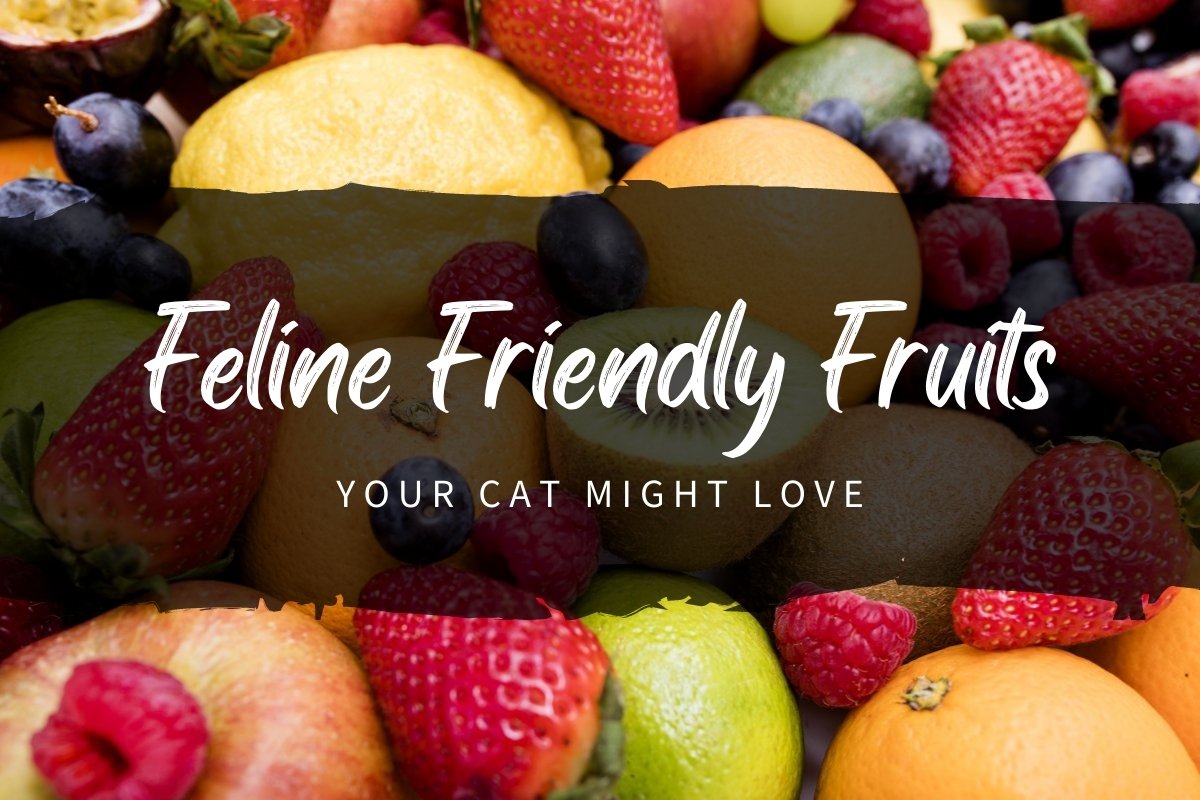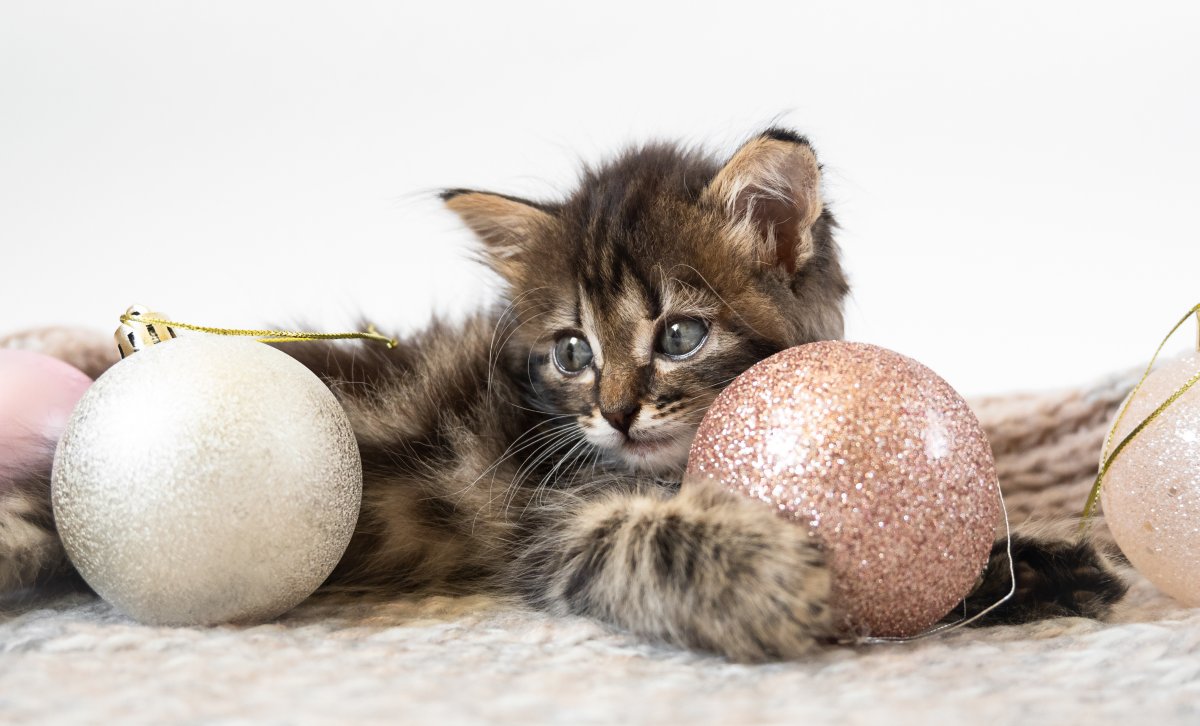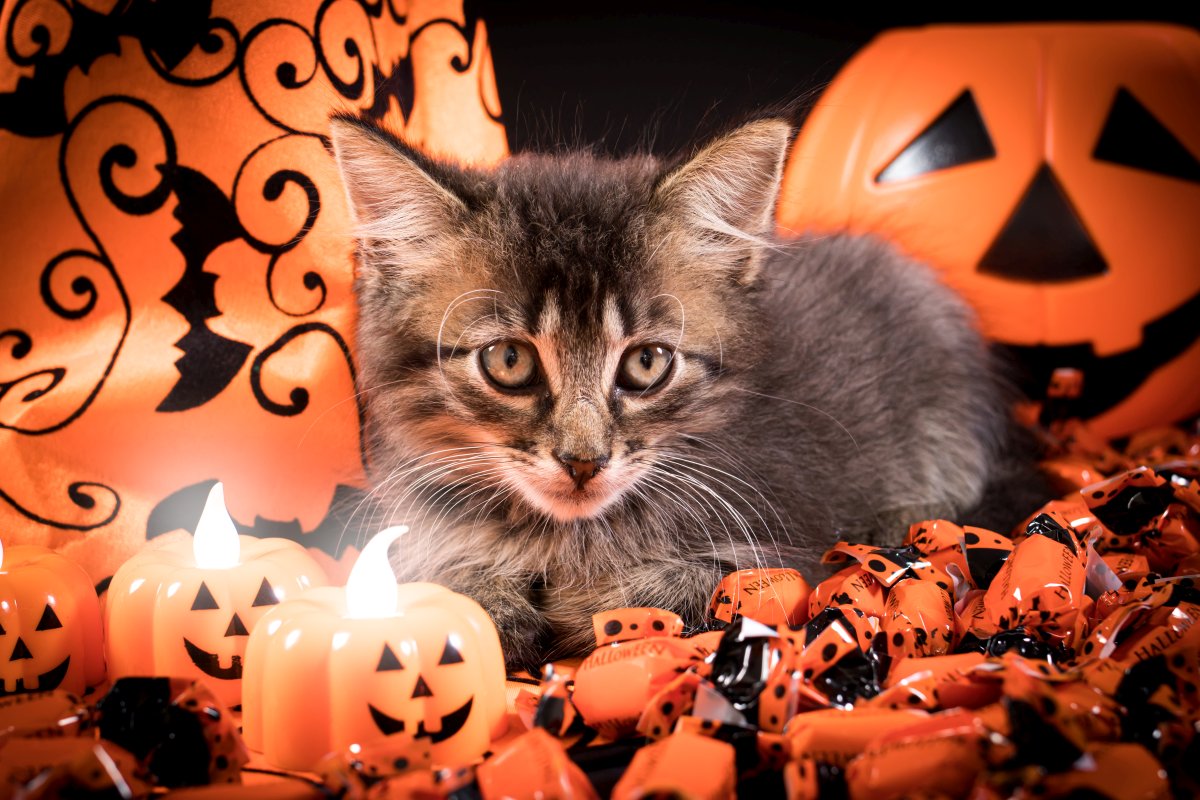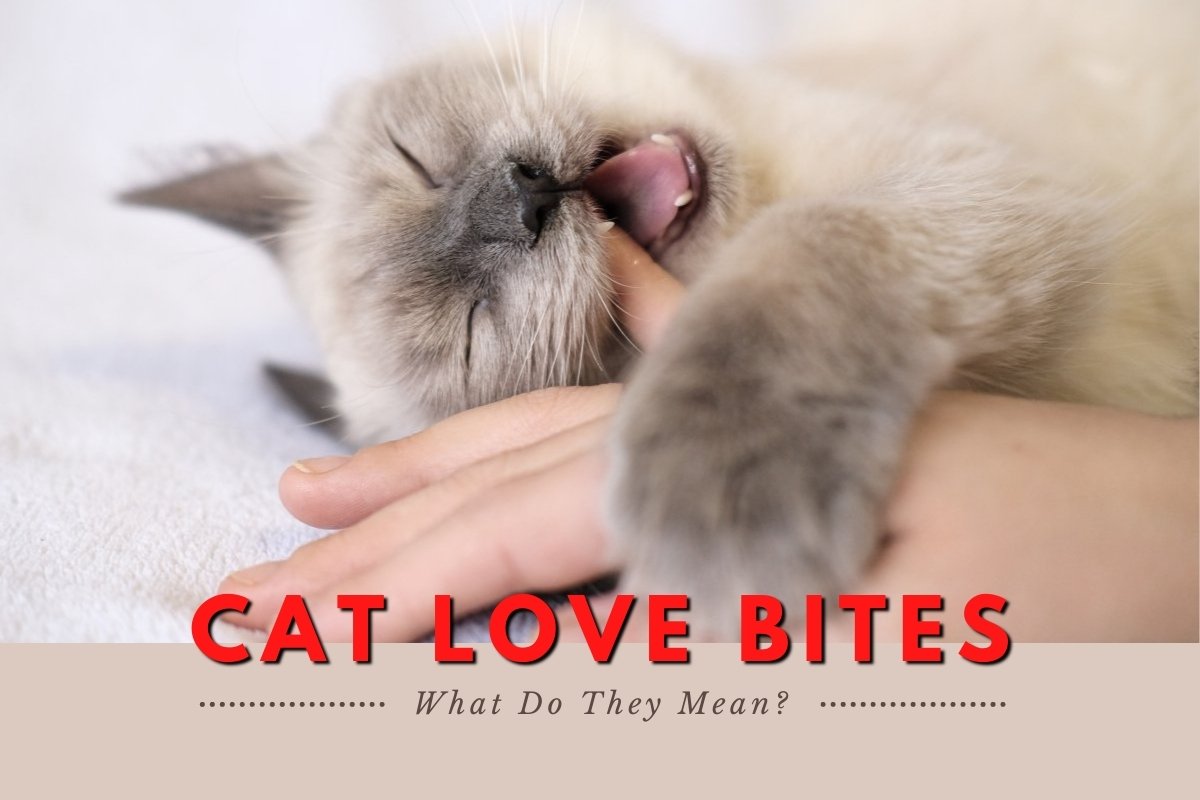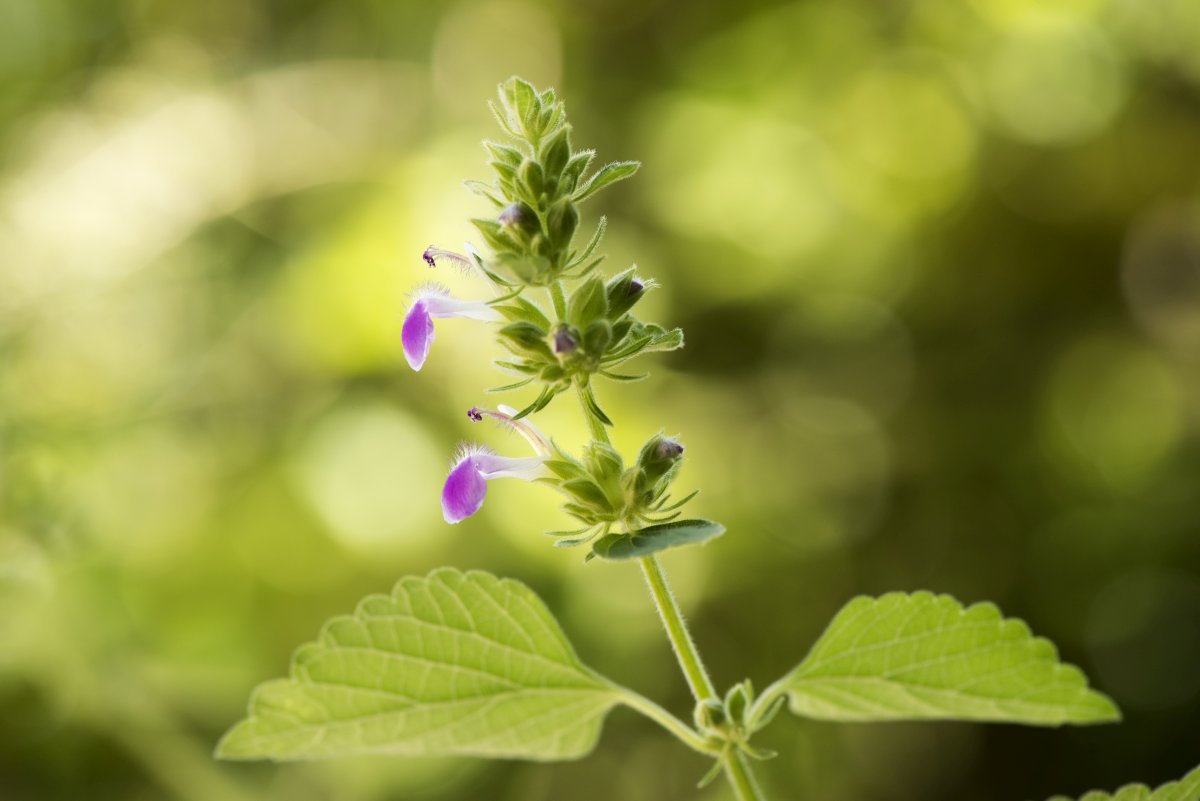Cats are carnivorous creatures, meaning they love to snack on meat and the flesh of other living animals. Cats have fewer taste buds when compared to other animals, so their sense of taste is limited. They can feel taste sensations like sourness, bitterness, and saltiness but cannot feel sweetness.
But still, these cats may enjoy a nice bite of fruit now and then. Here are some feline fruits your cat will love and which fruits to be wary of.
What Classifies as a Fruit?
Despite eating and consuming all manner of fruit-related products, have you ever stopped and considered what fruit is? What classifies as a fruit? Are berries fruits? From a botanical standpoint, fruits are classified on what part of the plant they originate from. Food is considered a fruit if it develops from the plant’s flower. If it does not, then it is most likely a vegetable.
Fruits themselves contain seeds and are generally sweet. At the same time, vegetables comprise roots, stems, and leaves. They are bitter, so the next time you are gobbling tons of plant-based foods, you can easily differentiate and see whether it is a fruit or a vegetable and decide whether it is a feline fruit or not.
Berries are also considered fruits, but strawberries are not berries, so they are not fruits! How shocking! As for what does classify as fruit and whether it is a feline fruit will be elaborated below.
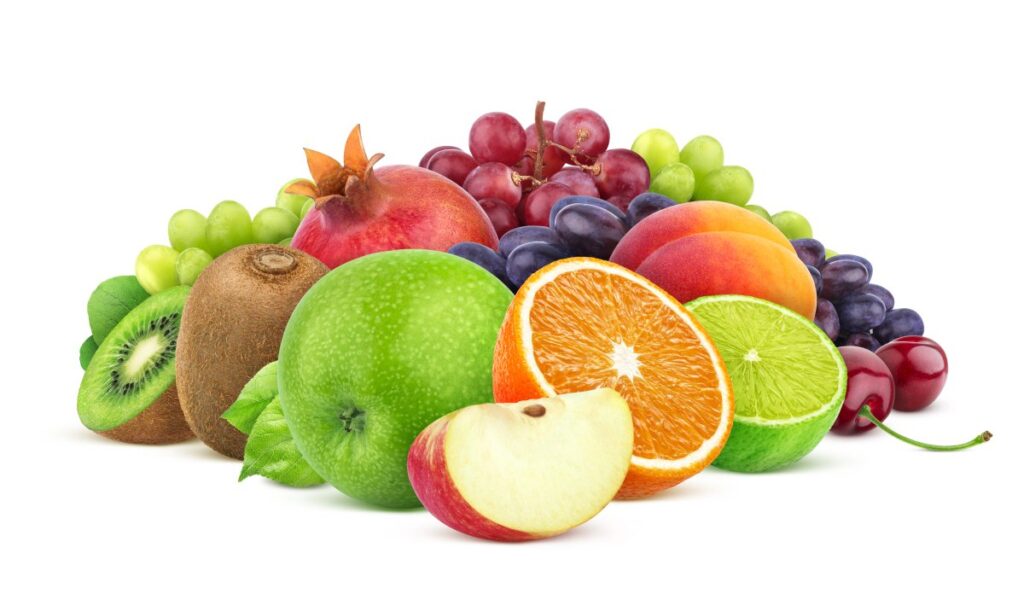
Can Cats Even Eat Fruits?
As mentioned previously, cats cannot detect sweetness due to their tongues’ lack of taste buds. That being said, why would cats even want to eat fruit then? Some cats may enjoy the texture of the fruit, while other cats may not be picky eaters. Cats are carnivores, so they much rather eat meat, but hungry cats will eat anything if it fills up their bellies.
Most fruits are generally safe for cats, the edible parts at least, while other parts like seeds and stems can be harmful. Some fruits, however, are not considered feline fruits and will harm your cat even if they consume a small amount. Feline fruits are fruits that the cats can safely ingest within good reason.
As said multiple times, cats enjoy eating meat as they are carnivores, so eating too many fruits can be detrimental to their health. Still, as long as you limit the amount of feline fruit your cats eat, your kitty should enjoy a balanced and nutritious diet.
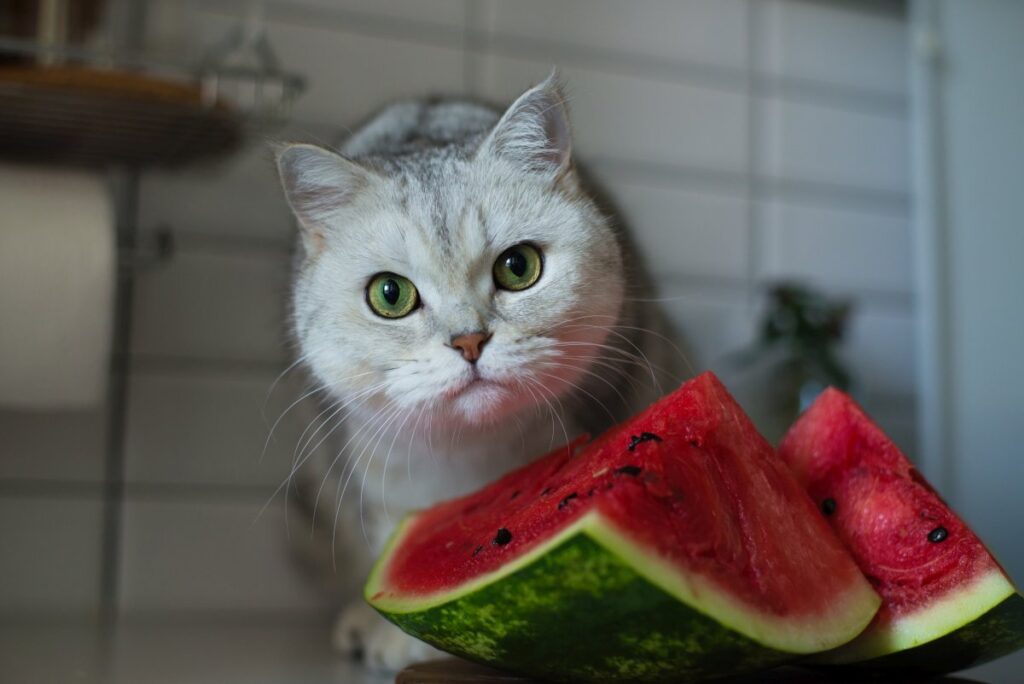
Apples
Apples are considered feline fruit. The apple’s flesh is high in calcium, vitamins C & K, and pectin, while the apple’s skin is high in phytonutrients. Calling apples a feline fruit would be an understatement as both humans and cats reap the same benefits from eating apples.
Cutting up the apple into smaller slices or cubes is the preferred way of giving this feline fruit to cats as they will not be able to eat it otherwise. With the flesh and peel being perfect for the cat to consume, it should be known that the apple’s stem, leaves, and seed should not be fed to the cat.
This is because they contain trace amounts of cyanide which is poisonous to cats. This feline food should also be given to the cat occasionally and in moderation. Not regularly.
Mangoes
Mangoes are sweet, delicious, and considered feline fruits! This delectable fruit can be a treat for cats, who love the flavor if the mango is savory, as well as their owners. Mangoes are moisture-rich and contain plenty of fiber and vitamins C, A & B6.
Similar to apples, cats cannot eat mangoes by themselves, so they require assistance from their owners. Mangoes can be cut into smaller cubes or slices. The flesh of this fruit is the consumable part, while the skin and seed should be avoided. The pit of the mangoes should also be avoided because it is toxic to cats and can cause digestive upsets.
Since mangoes are usually sweet, cats may not favor this feline fruit, in which case you should stick to a meat-heavy diet.
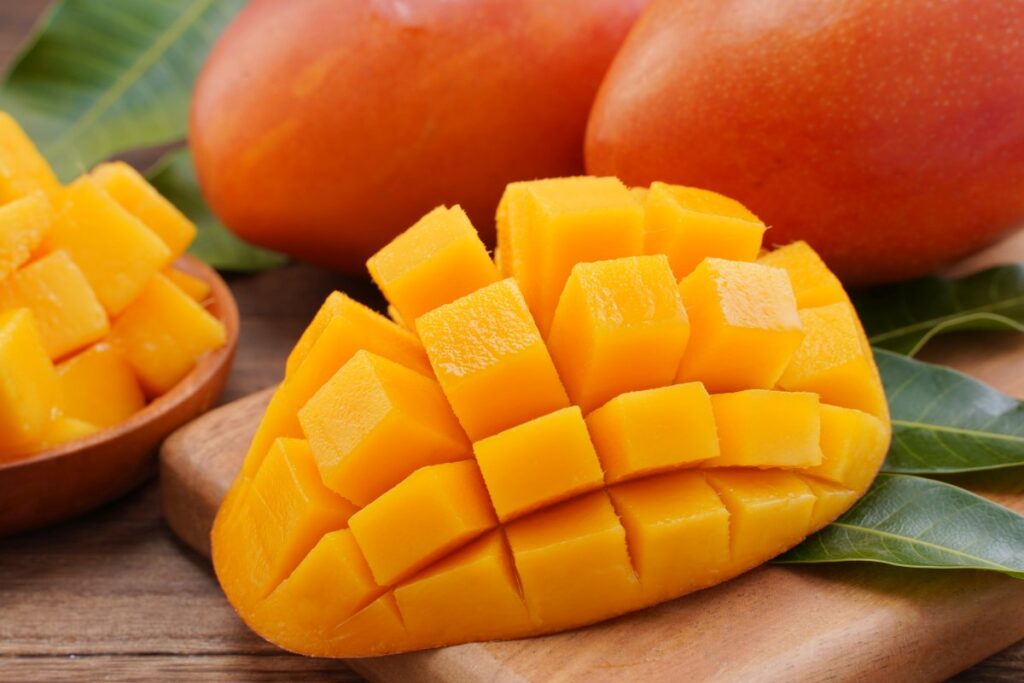
Bananas
Bananas are one of the, if not the most, safest fruit for cats to consume. This is because bananas are high in potassium and fiber, and the soft, chunky texture is easy for cats to chew on.
You can decide to give the banana as a whole since a cat should have no problem biting its soft flesh. But the cat might use its paws to help break it, causing them to get sticky. So, smaller pieces of bananas are recommended as they are easier to bite and digest.
Also, be sure not to give too much banana since it contains very high sugar, which can be bad for your cat, but just a little every now and then should not be a problem.
Pineapples
Pineapples are also a very delicious feline fruit that your cat may love to eat. This tropical treat contains the vitamins A, B6 & C along with the minerals magnesium and potassium.
One should always consider choosing a fresh pineapple over canned pineapple as it may contain preservatives and even more sugar in the syrup. This feline fruit is also high in fructose, so like banana, its amount should be regulated when given to your cat.
Melons
Melons are one of the favorite feline fruits among cats. Here, not just melons but watermelon, cantaloupe, and honeydew melons are all being covered. All three fruits are sweet and very nutritious for your cat, who is likely to love eating them up. These feline fruits are plentiful in antioxidants and a plethora of vitamins and minerals.
Due to their huge size, melons are best served freshly sliced and without the rind. The cat will not be able to enjoy its sweetness. Still, it can at least have a fun time eating the texture. Cutting the melon into small enough pieces for your kitty to chew comfortably is the proper way to give it to your cat.
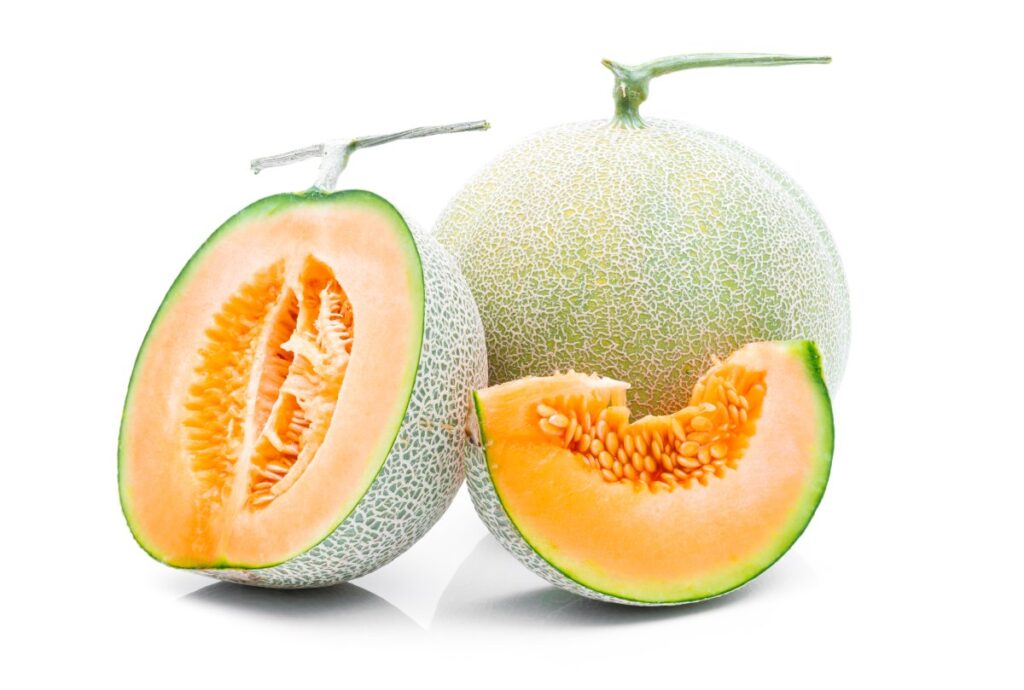
Blueberries
Berries are also considered fruits, and among berries, blueberries are considered feline fruits. Blueberries are labeled a superfood, but unfortunately, this is not the case for cats. Despite this, they are an excellent fruit for feeding your cat nonetheless! Blueberries contain all sorts of vitamins along with a blend of antioxidants & fiber.
This feline fruit has the added benefit of helping your cat see better at night, boosting their night vision capabilities. The regular consumption of blueberries may reduce the chance of your pet cat suffering from urinary tract infections.
Various commercial cat food recipes have recently started incorporating blueberries into their brands and products, showing that fruit, in particular, is loved by cats. On top of providing them with much-needed nutrition, blueberries also help them see at night and reduce UTIs.
Strawberries
Strawberries are not berries, and they are not fruit either, but for the sake of this article, let’s all ignore this fact. They may not be fruits in real life, but they are fruits in our hearts and feline fruits for our cats. Packed full of vitamins and minerals, they are a healthy and nutritious snack for your cats.
Like many fruits already mentioned in this list, they too contain quite a bit of sugar, making it best not to continuously feed cats strawberries and do so only occasionally. They already cannot digest sugar very efficiently, so eating excess sugar will undoubtedly result in vomiting, diarrhea, and discomfort.
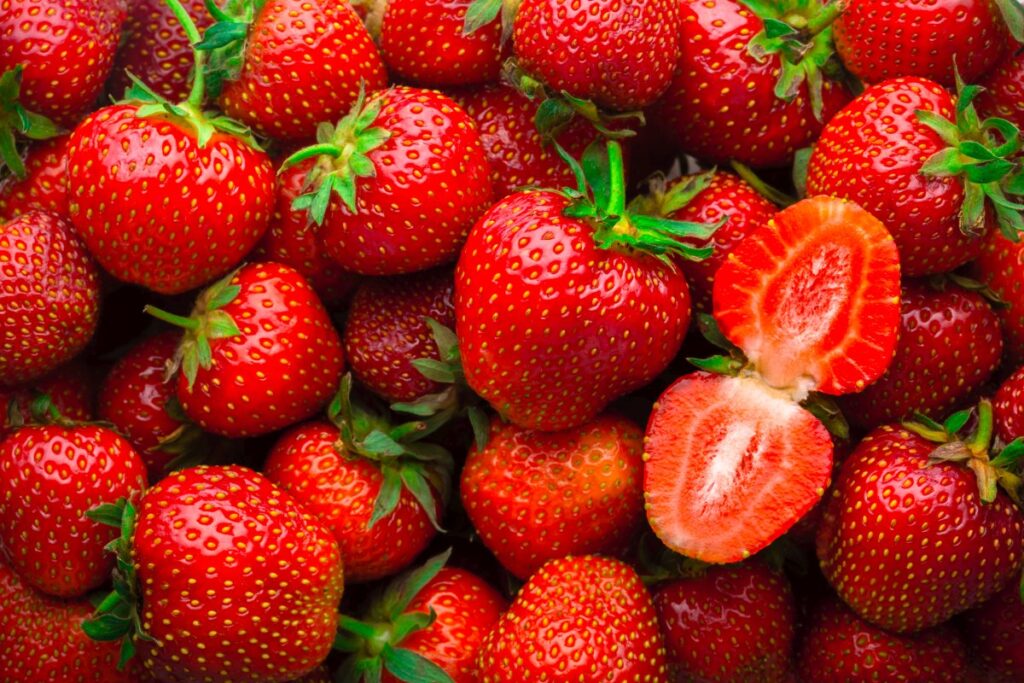
Symptoms exhibited by a cat’s body can range from mild to severe, depending on how sensitive your cat is and the amount they have eaten. Long-term consequences of excess sugar consumption can result in excess weight gain, diabetes, tooth problems, and other health issues.
Overweight cats or pets on a calorie-controlled diet should also avoid eating too many strawberries; otherwise, there is no hope of the little choker going from a big boy to a fine boy.
Apricots
When ripe and ready to eat, Apricots are a very good feline fruit for your cat to consume. The bright orange color of a ripe apricot is a good indicator that the fruit is stuffed full of beta carotene, which provides great help to your cat’s body in preventing cancer.
Be warned that pet owners should only feed ripe and fresh apricots to their cats and avoid dried apricots. Another thing to make sure is that the cats do not accidentally eat the pit of the apricot along with the leaves and stem of the tree, as these are all mildly poisonous to your cats due to the presence of cyanide inside.
Pears
Pears are also considered feline fruit because they contain plenty of fiber and vitamins A & C. Having a relatively bland flavor compared to other fruits, pears may appeal to some cats more than strongly flavored fruits. Giving pears to cats also helps promote anti-cancer properties in their bodies.
As with most food in this list, servings should be in moderation. Too much fiber from the pear can give your cat diarrhea. The seeds of the Pear and its skin and core should also be removed when served to the cat as they contain a small amount of cyanide, which is poisonous to cats.
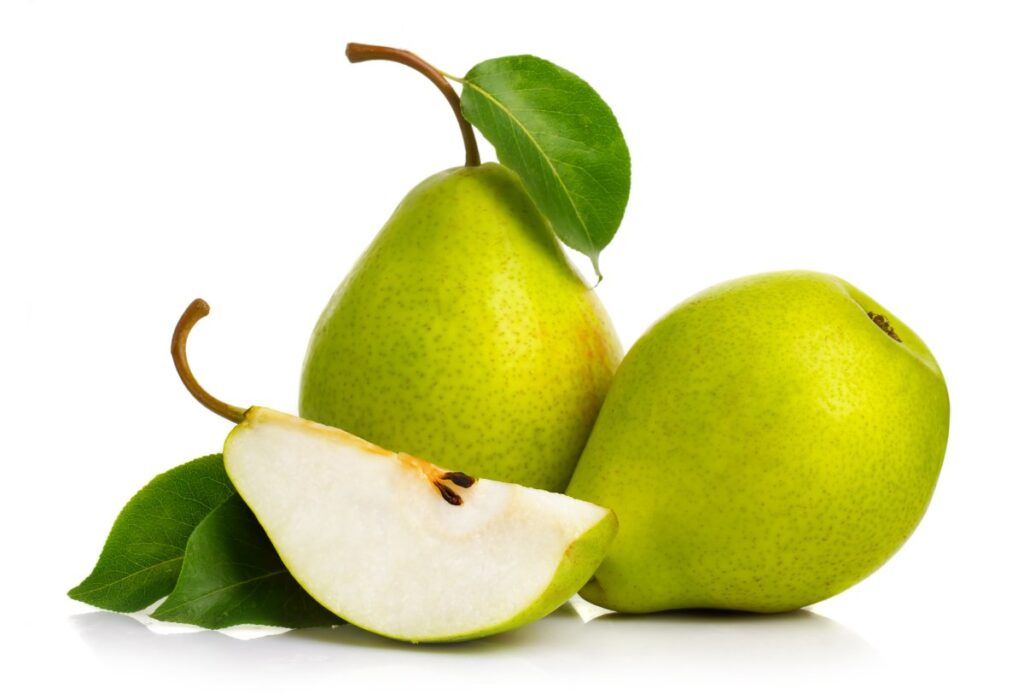
Fruit Snacks
Fruit snacks are fruits but tastier and appealing to children. While they might not classify under feline fruits because they are technically not fruits, some snacks may offer just as much nutrition to your pet as any fruit for cats would; however they can cause more problems than nutrition.
The problem lies in the sugar concentration of the snacks. Most fruit snacks are made from fruit juice concentration without any fruit fiber. This means that only sugar is consumed, no fiber intake, and no major consumption of vitamins and minerals. As we have pointed out various times, too much sugar is bad for cats.
Fruits to Avoid
We have so far discussed which fruits classify under feline fruits, but what about which fruits your cat should avoid completely? Most fruits for cats usually have one or two parts that may be toxic to them; however, fruits such as raisins, grapes, and cherries are entirely toxic to cats and can even cause kidney damage. They manifest as hyperactivity, repeated vomiting or diarrhea, and a reduced appetite.
Citrus fruits should also be avoided because they can cause an upset stomach for your cat. Citrus fruits include lemons, oranges, grapefruits, and lime. It is best to avoid these fruits entirely. Consuming these foods may show no side effects, but that does not mean they are not damaging the cats from the inside. You should only stick to feline food declared safe for cats.
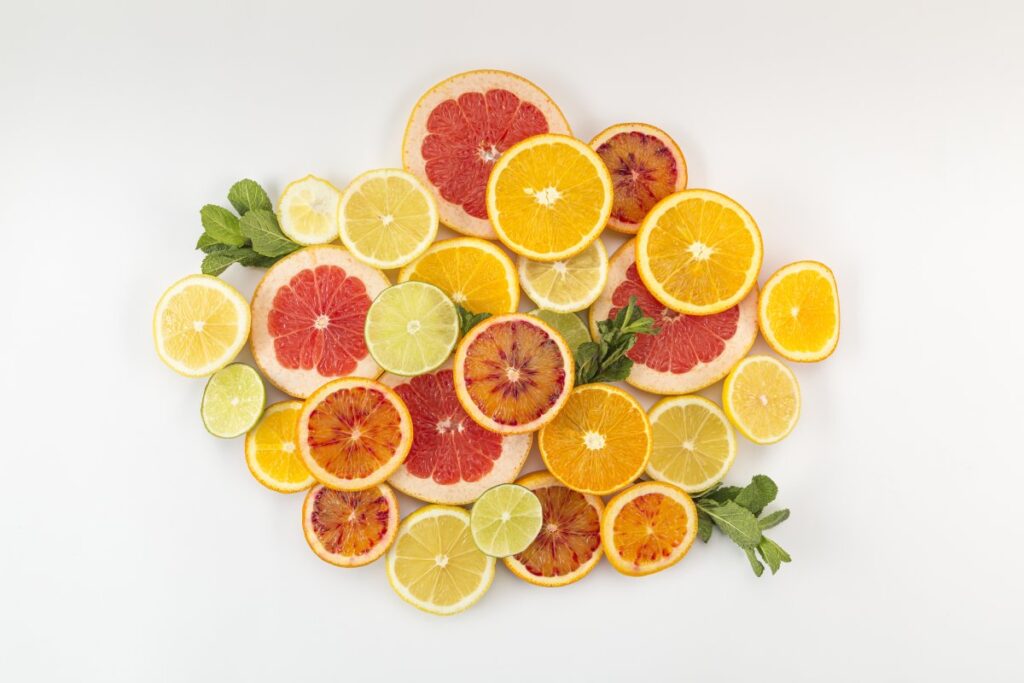
Balanced Diet
Feline fruits are good and nourishing for cats, but an entirely vegan diet is not suitable for cats. Veganism is a human choice and should not be enforced on poor cats who simply want to survive. Their diet should mainly comprise of meat. You can buy cat food at your local supermarket or cook your meat.
Feline fruits should comprise at most 2% of the cat’s diet. This can be given in the form of treats or snacks before/after proper meals. Only a moderate amount of fruits should be given at any time. Fruit for cats is not a complete substitute for meat and should only comprise a small amount in their daily diet. A nutritious, balanced diet is essential for keeping your cat healthy.
Conclusion
Most feline fruits are healthy for cats. They may have parts that are dangerous to their health, but they can be easily removed. Anything in high amounts is usually bad. The same is with feline fruits, which should be given in strict moderation.

